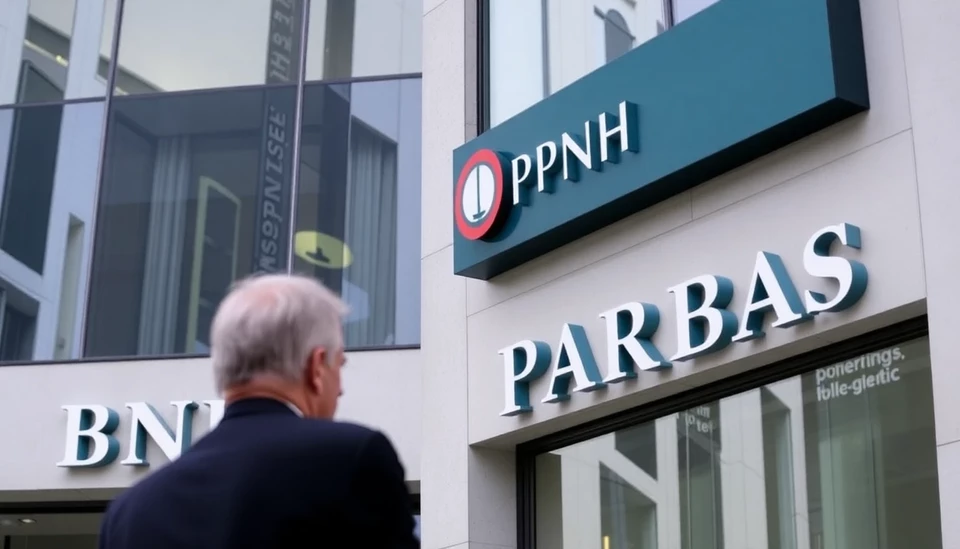
The Dutch government is reviewing its bank bonus cap amid growing complaints by lenders over difficulties in hiring and retaining top executives, threatening to fuel further controversy over the sector's pay arrangements. The review follows claims by the banks that their current restrictions are stifling their ability to compete internationally.
Under current rules, bank staff in the Netherlands can receive no more than 20% of their annual base pay in bonuses. The cap was introduced after the 2008 financial crisis as a way to prevent excessive risk-taking and ensure financial stability, but more recently it has come under attack as banks have argued it prevents them from competing for skilled workers.
The above limitations have created a lot of debate amongst the stakeholders. The financial institutions also claim that the cap on bonuses puts them in a competitive disadvantage against international banks, which offer much higher bonuses. It is claimed that this difference in compensation lures top talents to look elsewhere outside the Netherlands and creates recruitment and retention problems for the Dutch banks.
Critics of the cap also say it worked in the short term, inasmuch as it reduced riskier behaviors, but it does not take into consideration the ever-evolving nature of global banking. As financial markets become more integrated, a country's ability to attract the best and brightest has been used as a way to ensure a country stays competitive and continues to grow.
In light of such views, the government has opted to review the impact and implication of the bonus cap. This policy will be reviewed to decide whether it has inadvertently taken the character of a restrictive policy in attracting high-caliber professionals. The process of review therefore gets positioned to explore possible adjustments that may get made which would allow relooking at the bonus structure as far as its relation with financial stability is concerned.
Any perceived raising of the bonus cap is, however, likely to be subject to public scrutiny. Those advocating for strict controls on bonuses believe that higher bonuses will result in the type of risk-taking behavior that had led to the crisis. They say one should research alternative ways of paying people that might encourage stability and growth without going back to pre-crisis levels.
The outcome of this review is a very critical event to be observed not only by the financial industry and its policymakers but also because decisions reached might set a precedent for any other sector facing similar challenges. This has to do with the banking industry remaining competitive in the global market. The trade-off between competitive compensation and financial stability is very delicate and will require cautiously balanced measures.
The next development along this line is likely to frame the new debate about banking regulations and human capital management policies that may yet bring about a sea change in the Dutch design of financial sector rewards.
As debates continue, stakeholders across the spectrum, from banking professionals and policymakers to the general public, will be keenly waiting for the next steps of the government. Observers would be looking at how the move would get played out in other countries with similar bonus caps.
#Finance #Banking #BonusCap #RecruitmentChallenges #DutchBanks #FinancialRegulations #TalentManagement #GlobalCompetitiveness
Author: Victoria Adams




